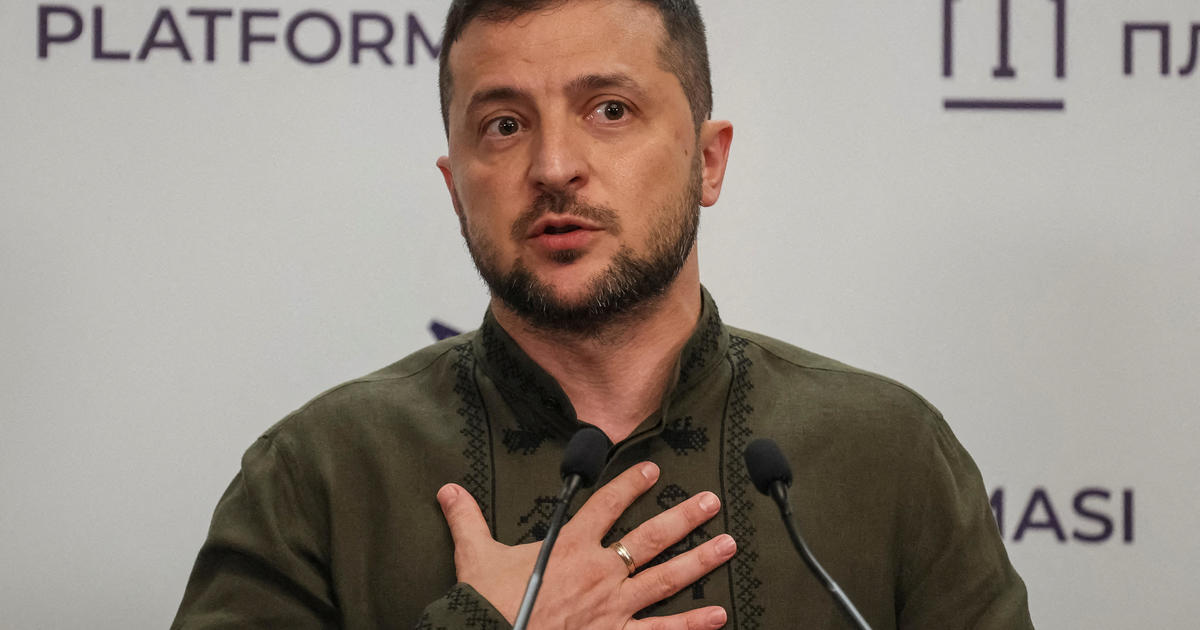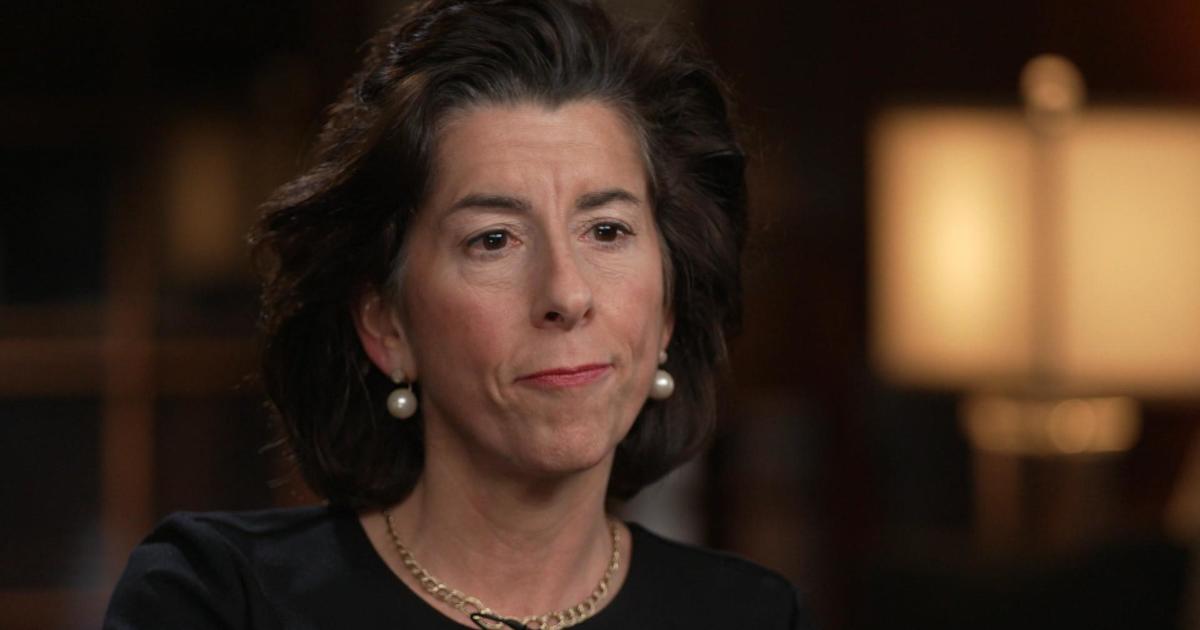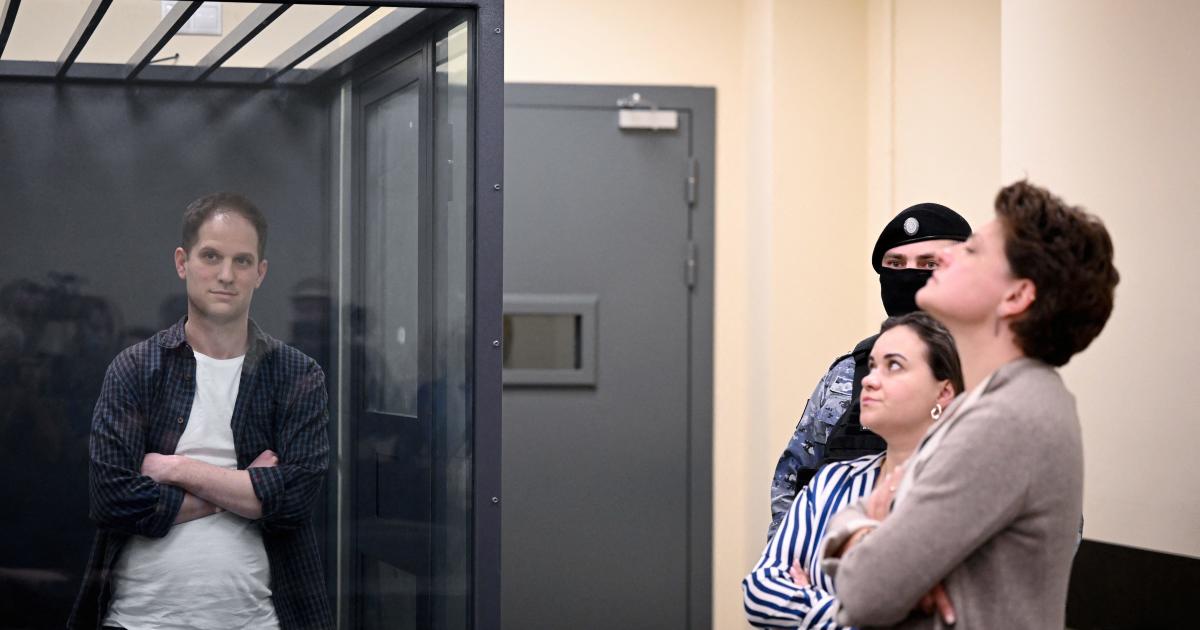What Scott Pelley has seen in Ukraine
This week on 60 Minutes, correspondent Scott Pelley reported from Odesa, Ukraine, where he followed the efforts of the United Nations' World Food Programme. It is the latest trip Pelley has made to Ukraine to cover Russia's war there.
Shortly before Pelley and the 60 Minutes team arrived in Odesa for this week's report, Russian forces had destroyed a residential building in the city. The missile strike, which killed eight people including a three-month-old infant, came the day before Eastern Orthodox Easter.
Pelley met Odesa Mayor Gennadiy Trukhanov, who told Pelley that, because he had been born in the Soviet Union, he struggled to understand what Russia was doing now.
- Starving Ukrainians blocked from receiving aide, lack of Ukrainian wheat may cause world food shortage
- Economist: Loss of Ukraine's exports may be felt worldwide for years
"I couldn't imagine that the Soviet people would do such a thing," Mayor Trukhanov told Pelley. "But today I see what Russian soldiers are doing. Russian soldiers are raping our women today. Russian soldiers are killing children. Russian soldiers are killing defenseless civilians today. Therefore, we all understand today that we have no other chance but to resist aggression, to win, and to expel them from our land."
Across the border, many Russians seem unable — or unwilling — to fathom what their troops are doing in Ukraine. At one of the World Food Programme food distribution sites in Odesa, the 60 Minutes team met Hanna, a woman from Mariupol who told Pelley that her parents live in Russia. When she connects with them on the phone, she tries to explain to them what has been happening in Ukraine.
"When you tell them about the events, about what happened, they just don't get that information, or they don't want to hear the essence and understand that it's true," Hanna explained.
What her family refuses to hear is that Russia has besieged her home, shelling it to ruin. The Associated Press has reported that Ukrainian officials say more than 100,000 civilians are still trapped in Mariupol, with little food, water, or heat.
Although Odesa has not been hit as hard, Russia has still struck it with regularity. While Pelley and his team were on the ground, Russian missiles damaged a bridge across Dniester Estuary. According to Reuters, the bridge connects mainland Ukraine with the area of Odesa near the mouth of the Danube River and would give Ukraine a link to continue exporting goods if Russia blocks the Black Sea ports. On Saturday, a fresh Russian missile attack destroyed a runway at Odesa's airport.
In his reporting throughout the country, Pelley said he has seen something that he has not seen in all his years covering conflicts around the world: the wholesale destruction of civilian neighborhoods.
When he interviewed Ukrainian President Volodymyr Zelenskyy at his Kyiv compound in April, Pelley visited Bucha, the site of a Russian massacre of civilians. There, behind the Church of St. Andrew and Pyervozvannoho All Saints, Pelley stood at the edge of a sandy trench, where he saw victims who had been hastily and incompletely buried ahead of Russia's retreat.
"It is the most shocking thing that I have ever seen in a war setting in my entire career," Pelley said. "It is industrial madness."
The video above was produced by Brit McCandless Farmer. It was edited by Will Croxton and Robert Zimet.



